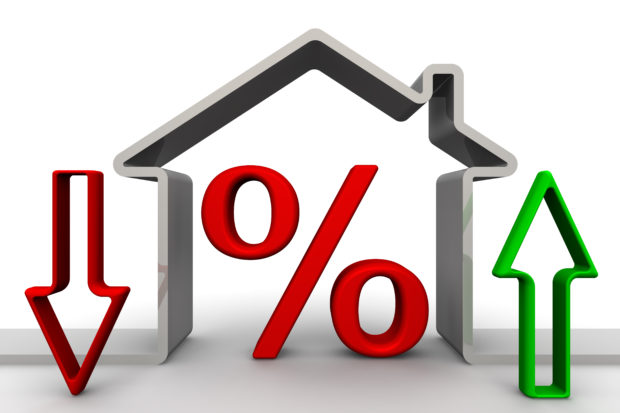The Reserve Bank of Australia (
RBA) has announced it will hold the official cash rate at 1.5% in a move that was widely predicted by economic experts across the country.
“Amidst a lot of domestic and global uncertainty, it wasn’t surprising to see the Reserve Bank of Australia take the safe option and leave the official cash rate on hold,” said John Flavell, CEO of
Mortgage Choice.
He pointed to analysis by the
Westpac Melbourne Institute of Consumer Sentiment which said that confidence was broadly the same as it was last month – down from the highs seen in previous months.
“At the moment, pessimists significantly outweigh the number of optimists,” he said, especially since Australia had recently recorded its lowest annual inflation rate in 19 years at just 1.5% for the year.
“All of these factors combined gave the Reserve Bank of Australia all the incentive it needed to leave the official cash rate on hold for another month.”
CoreLogic head of research
Tim Lawless said the strength of the housing market and the consistent rise in investment activity since the last round of rate cuts lay behind the RBA’s hold decision.
“With inflation consistently tracking below the RBA’s target range for almost three years, it’s likely that the heat in the housing market is one of the primary reasons why the cash rate hasn’t moved lower in an attempt to stimulate spending and push inflation higher.”
Data from CoreLogic shows capital city dwelling values increasing by 10.7% over the past 12 months – a higher growth rate than the 7.4% recorded over the same period a year ago.
“The acceleration in the pace of capital gains highlights that housing market conditions have rebounded in line with the previous rate cuts and the consistent rise in investor participation,” Lawless said.
“While any further rebound in the headline rate of growth would be unwelcome, some cities could have used the additional stimulus of a cash rate cut. Housing market conditions in Perth and Darwin have been weak since 2014, with dwelling values having fallen in both cities over the past twelve months.”
Despite the hold call and a subtle upward trend in mortgage rates recently, low cost of debt should still create strong demand for housing from both owner-occupiers and investors, he said.


